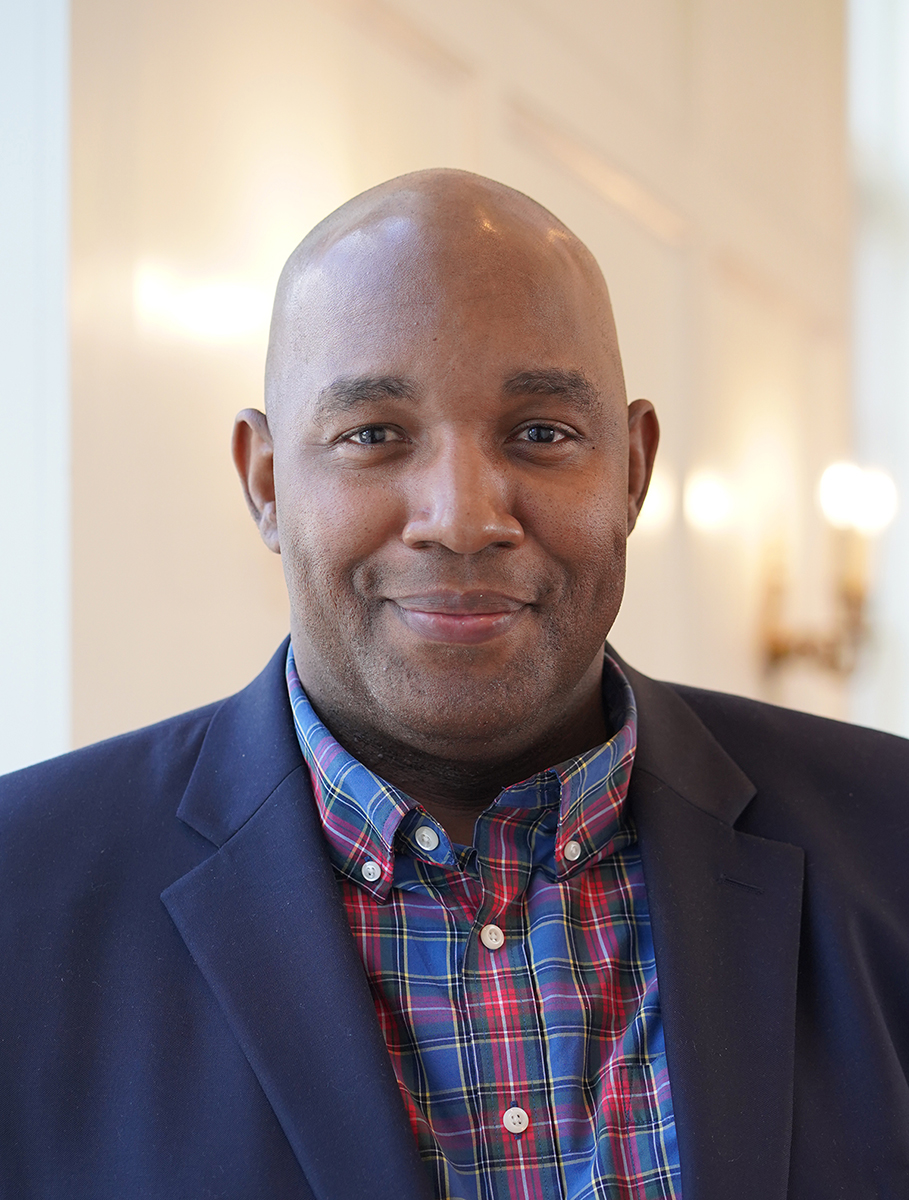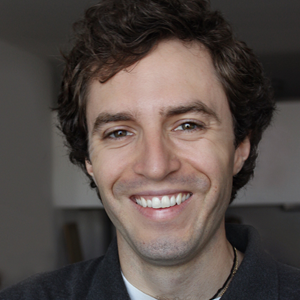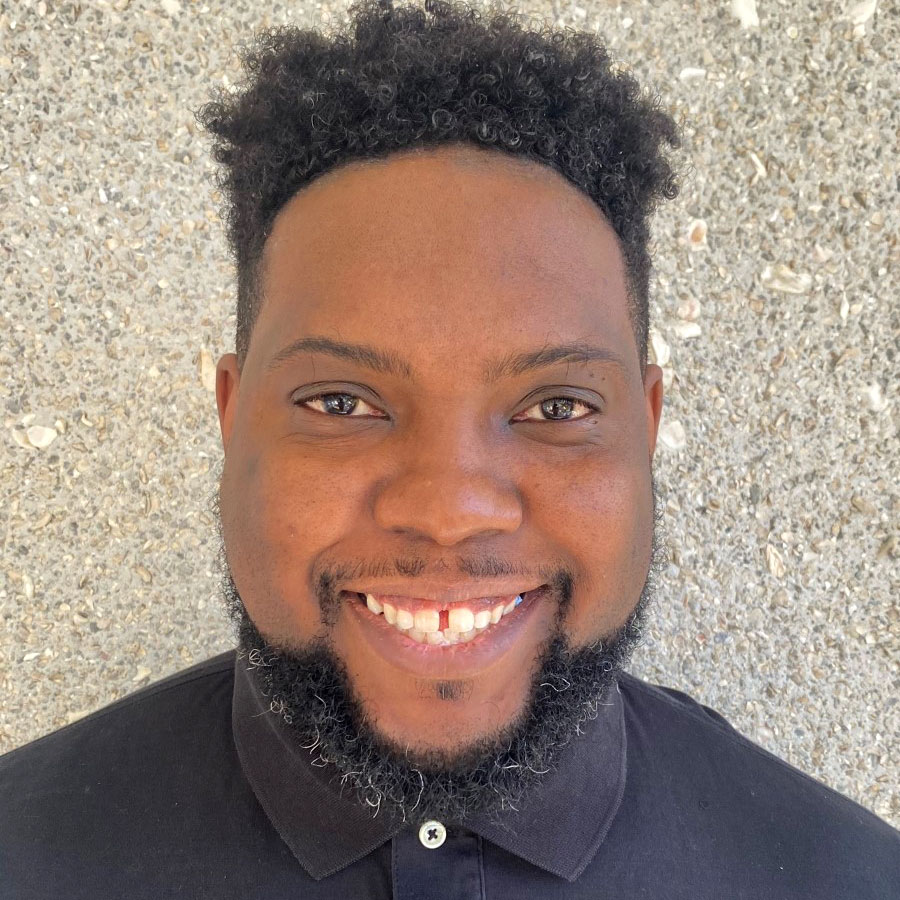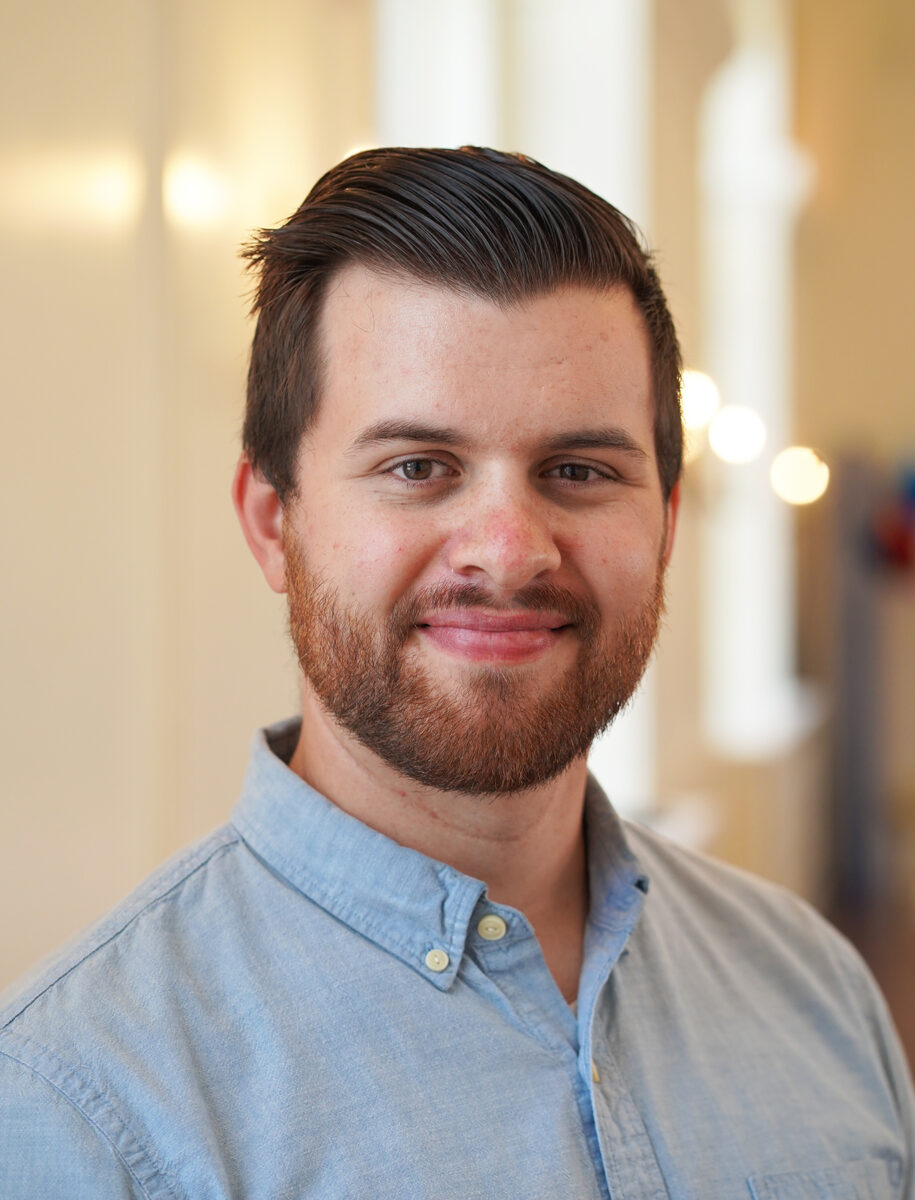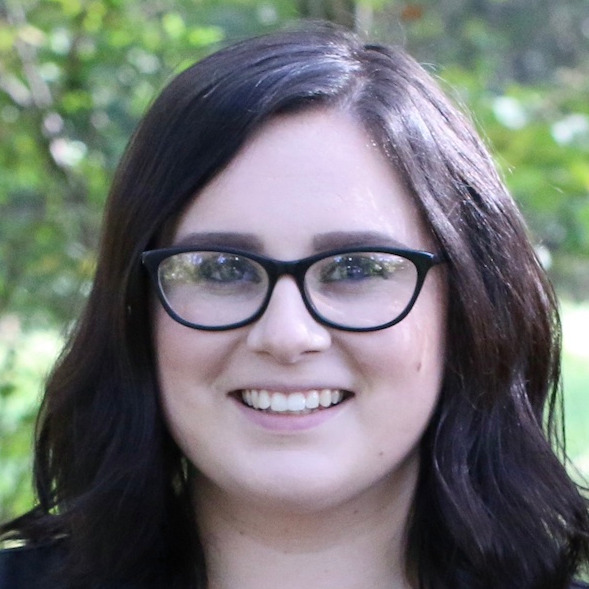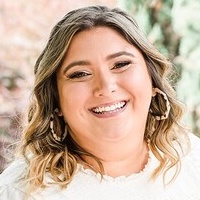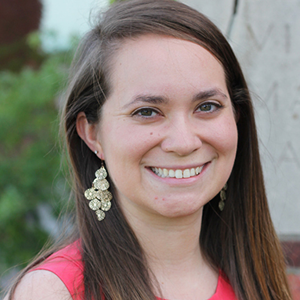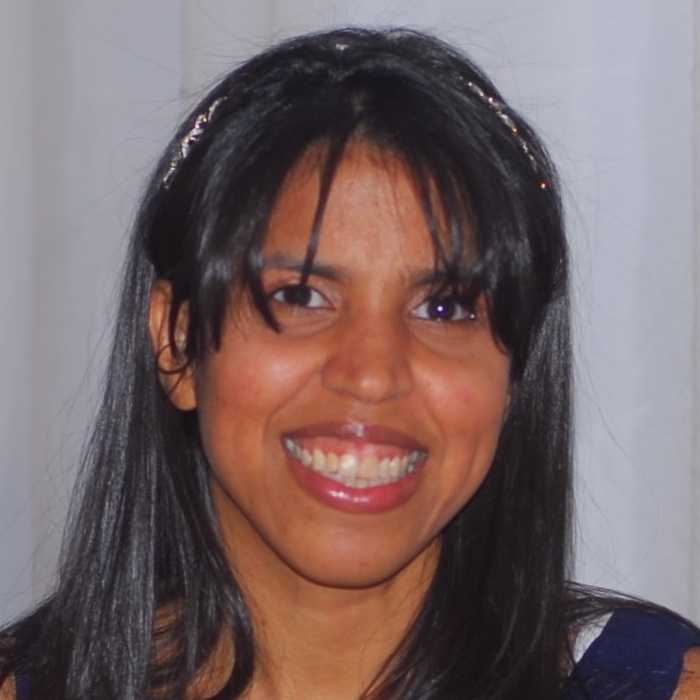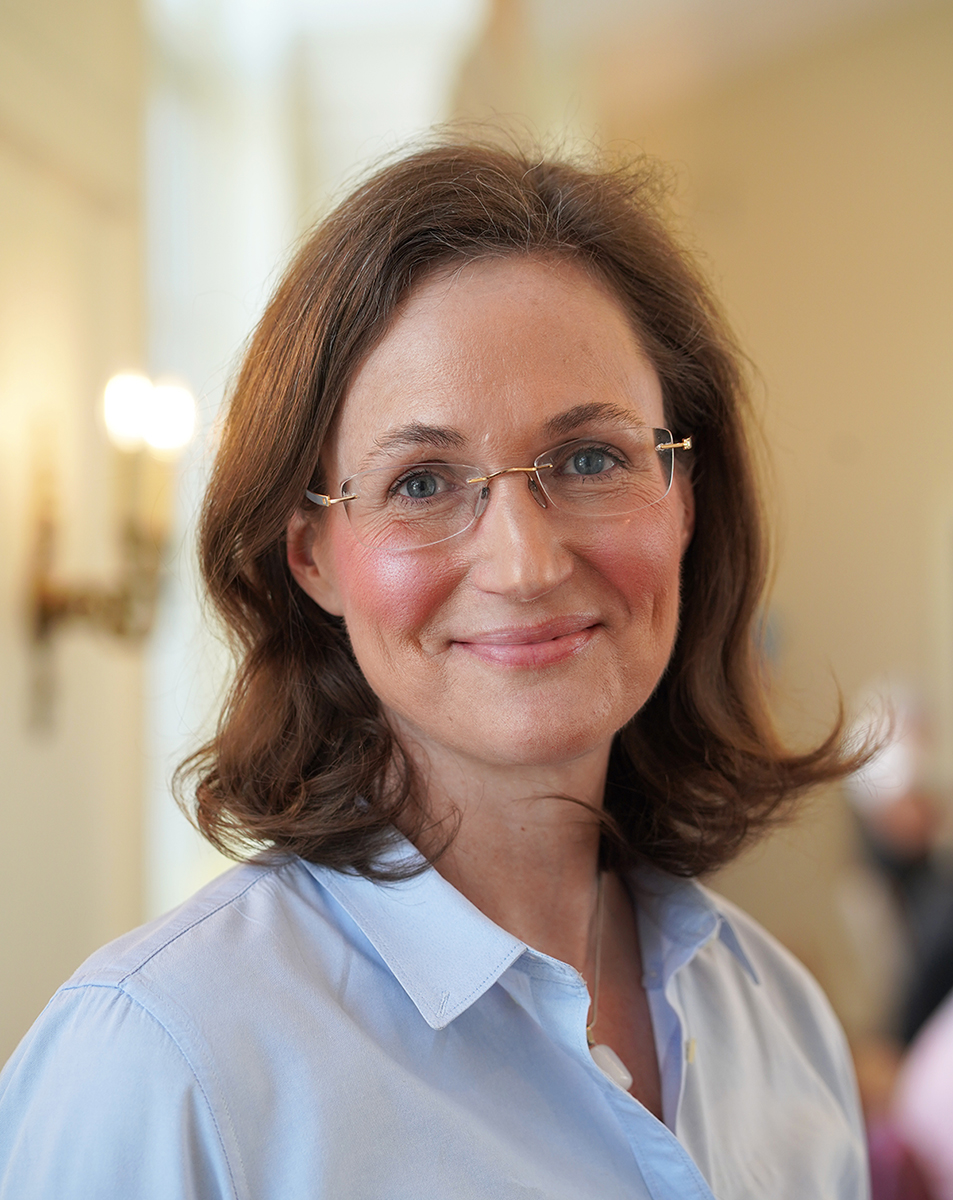Counseling
Hamilton | Charlotte | Digital Hybrid
Counseling Programs
Integrate your Christian faith with the best of psychology and clinical training to provide whole-person care in formal or informal settings.

MACO
Hamilton, MA
Residential program based in Hamilton, MA
CACREP Accredited
Optional MACO/MDiv dual enrollment opportunity

MACC
Charlotte, NC
Digital & residential hybrid program based in Charlotte, NC
CACREP Accredited
Counseling Faculty
Dr. Jeffrey Arthurs
Robinson Chair of Preaching & Communication, Director of the Haddon W. Robinson Center for Preaching
Dr. Eun Ah Cho
Associate Professor of Intercultural Studies, Dean of Gordon-Conwell Institute
Dr. Dave Currie
Dean of the Doctor of Ministry Program, Dean of the Anglican Formation Program, Professor of Pastoral Theology
Dr. Brad Howell
Adjunct Faculty, Vice President of Graduate Programs
Dr. Scott W. Sunquist
President and Professor of Missiology
Dr. Virginia Ward
Dean of the Boston Campus, Assistant Professor of Youth and Leadership
Dr. Gerry Wheaton
Dean of Networked Education, Associate Professor of New Testament
Dr. Mateus de Campos
Associate Professor of New Testament, Dean of the Hamilton Campus
Dr. Alvin Padilla
Dean of the Latino and Global Ministries program (LGM), Professor of New Testament
Dr. Carol Kaminski
Senior Professor of Old Testament
Dr. Sean McDonough
Professor of New Testament
Dr. Seong Hyun Park
Provost and Assistant Professor of Old Testament
Dr. Donna Petter
Associate Professor of Old Testament, Director of the Hebrew Language Program
Dr. Thomas Petter
Senior Professor of Old Testament
Dr. Eckhard J. Schnabel
Mary French Rockefeller Distinguished Professor of New Testament
Dr. Gwenfair Walters Adams
Professor of Church History and Spiritual Formation
Dr. John Jefferson Davis
Senior Professor of Systematic Theology and Christian Ethics
Dr. Brent H. Burdick
Adjunct Professor of Missions
Dr. Gordon Isaac
Berkshire Professor of Church History and Advent Christian Studies
Dr. Todd Johnson
Eva B. and Paul E. Toms Distinguished Professor of Mission and Global Christianity
Dr. Adonis Vidu
Andrew Mutch Distinguished Professor of Theology
Dr. Kevin Xiyi Yao
Professor of World Christianity and Asian Studies
Dr. Kenneth Barnes
Mockler-Phillips Professor of Workplace Theology and Business Ethics
Mr. Daniel Montañez
Adjunct Instructor, Latino & Global Ministries Program
Mr. Jahdiel Perez
Adjunct Instructor
Mrs. Lucrecia Rodríguez-Lynch
Adjunct Instructor, Latino & Global Ministries Program
Dr. Angie H. Kim
Assistant Professor of Counseling
Dr. Karen Mason
Professor of Counseling and Psychology, Director of the Hamilton Counseling Department
Dr. Jim Singleton, Jr.
Senior Professor of Ministry
Dr. Quonekuia Day
Assistant Professor of Old Testament
Dr. E. Carolina Benitez
Assistant Professor of Counseling
Dr. Christopher A. Cook
Assistant Professor of Counseling
Dr. Rodney Cooper
Senior Professor of Ministry
Dr. Pam Davis
Associate Professor of Counseling, Director of the Counseling Department at Charlotte
Dr. Donald Fairbairn
Robert E. Cooley Professor of Early Christianity
Dr. Vickey Maclin
Associate Professor of Counseling
Dr. Nicole Martin
Adjunct Professor of Ministry and Leadership Development
Dr. Robert Mayer
Senior Professor of Church History
Dr. Catherine McDowell
Associate Professor of Old Testament
Mr. Dean Borgman
Emeritus Professor of Youth Ministry
Dr. Dennis Hollinger
Colman M. Mockler Distinguished Professor of Christian Ethics
Dr. Gordon Hugenberger
Senior Professor of Old Testament
Dr. Edward Keazirian
Senior Professor of Greek and New Testament, Director of the Greek Language Program
Dr. Peter Kuzmic
Senior Distinguished Professor of World Missions and European Studies
Dr. Richard Lints
Senior Distinguished Professor of Theology
Dr. Jeffrey J. Niehaus
Senior Professor of Old Testament
Dr. Pablo Polischuk
Senior Professor of Pastoral Counseling & Psychology
Dr. Garth Rosell
Senior Research Professor of Church History
Dr. Aída Besançon Spencer
Senior Professor of New Testament
Dr. Douglas Stuart
Senior Professor of Old Testament
Dr. Eldin Villafane
Distinguished Professor of Christian Social Ethics, Emeritus
Dr. Tim Laniak
Senior Professor of Biblical Studies
Dr. Patricia Batten
Assistant Professor of Preaching, Associate Director of the Haddon W. Robinson Center for Preaching, Chapel Advisor
Dr. Katherine Horvath
Assistant Professor of Practical Theology
Dr. Gina A. Zurlo
Adjunct Faculty of World Christianity and Mission, Co-Director of the Center for the Study of Global Christianity
Dr. Christine Palmer
Adjunct Professor of Old Testament
Dr. Carolynne Hitter Brown
Adjunct Professor of Church History
Dr. David Palmer
Adjunct Professor of New Testament
Dr. Justin M. Young
Assistant Dean of Networked Education, Adjunct Professor of Old Testament
Dr. Annette Wright
Adjunct Professor
Dr. Carlot D. Celestin
Adjunct Professor of Counseling
Dr. Mandy Baraka
Adjunct Professor of Counseling
Dr. Morgan Enright
Visiting Assistant Professor of Counseling
Dr. Kelly Breen Boyce
Adjunct Professor of Counseling
Dr. Daniel Reyes
Adjunct Professor of Counseling
Dr. David A. Escobar Arcay
Adjunct Professor of Theology and Christian Thought
Dr. Erin Crider
Adjunct Professor of Practical Theology, Director of Church Planting.
Dr. J. Anthony Lloyd
Adjunct Professor
Mr. Jeff Bass
Adjunct Professor
Dr. Jim Critchlow
Assistant Professor of Biblical Languages
Dr. Jimmy Long
Adjunct Professor of Practical Theology
Dr. Justin S. Holcomb
Adjunct Professor of Christian Thought
Dr. Laura Miguélez Quay
Adjunct Professor of Christian Thought and Greek
Dr. Mark A. Jennings
Adjunct Professor of New Testament
Dr. Ryan Jackson
Adjunct Professor
Dr. Phillip R. Thorne
Co-Mentor (DMin)
Dr. Ronald J. Bouthillette
Adjunct Professor of Practical Theology
Dr. Stephen Witmer
Adjunct Professor of New Testament
Dr. Thomas Price
Adjunct Professor of Christian Thought
Dr. Viacheslav V. Lytvynenko
Adjunct Professor of Theology and Christian Thought
Dr. Eliezer Victor Ramos
Adjunct Professor of Practical Theology
Dr. Jana Holiday
Adjunct Professor of Practical Theology
Dr. Lindsay McMillan
Co-Mentor (DMin)
Dr. Wes Vander Lugt
Adjunct Professor of Theology and Acting Director of the Leighton Ford Initiative in Theology, the Arts, and Gospel Witness
Dr. Luiz Sayao
Adjunct Professor of Biblical Studies
Dr. Mary Ho
Co-Mentor (DMin)
Dr. Michael Moses
Adjunct Professor of Practical Theology
Dr. Claude Alexander
Adjunct Professor of Practical Theology
Dr. Nick Gatzke
Co-Mentor (DMin)
Dr. Timothy Beougher
Co-Mentor (DMin)
Dr. Tom Herrick
Co-Mentor (DMin)
Dr. Awilda Gonzalez-Babb
Adjunct Professor of Biblical Studies
Dr. Jenny John
Instructor of Counseling
Dr. Autumn Ridenour
Mockler Associate Professor of Christian Ethics
Dr. William Spencer
Distinguished Adjunct Professor of Theology and the Arts
Dr. Steve Macchia
Adjunct Professor
Dr. Paul Hoffman
Adjunct Professor
Dr. Christian Cuthbert
Adjunct Professor
Dr. Ray Pendleton
Senior Professor of Pastoral Counseling and Psychology
Dr. Victor Price
Adjunct Professor
Dr. David Wright
Adjunct Professor
Dr. Mark Arnold
Adjunct Professor
Sean Watkins
Adjunct Professor
Dr. Ray Hammond
Adjunct Professor
Dr. Paul Biswas
Adjunct Professor of Practical Theology
Benjamin Espinoza
Adjunct Professor of Church and Culture
Dr. Davi C. Ribeiro Lin
Assistant Professor of Pastoral Theology and Ministry
Dr. Fred Foy Strang
Adjunct Professor of Christian Thought
Dr. Ruy Costa
Adjunct Professor of Christian Social Ethics
Kara Martin
Adjunct Professor
Dr. Nicholas Rowe
Kenneth and Jean Hansen Associate Professor of Leadership
Dr. Doug Carver
Faculty Mentor for the Pastoral Theology in Practice
Dr. Ingo Tophoven
Assistant Professor of Counseling
Dr. Herb Rhedrick
Adjunct Professor of Practical Theology
Dr. Chuck Colson
Adjunct Professor of Practical Theology
Dr. Sarah Lebhar Hall
Adjunct Professor of Biblical Studies
Dr. Jason R. McConnell
Adjunct Professor of Practical Theology and Co-Mentor (DMin)
Dr. David Horn
Co-Mentor (DMin)
Dr. Tsu-Kung Chuang
Adjunct Professor of Practical Theology (LGM), Co-Mentor (DMin)
Dr. William Barnett
Co-Mentor (DMin)
Dr. Calvin W. Choi
Co-Mentor (DMin)
Dr. Peter G. James
Adjunct Professor of Practical Theology
Dr. David "Duffy" Robbins
Co-Mentor (DMin)
Neil Binette
Adjunct Professor of Counseling
Cynthia Fisher
Adjunct Professor of Counseling
Dr. Benjamin Grant White
Adjunct Professor of New Testament
Dr. Walt Mueller
Co-Mentor (DMin)
Dr. Roy Ciampa
Adjunct Professor of Biblical Studies, Co-Mentor (DMin)
You Can Afford Seminary!
Scholarships and financial assistance are available.
